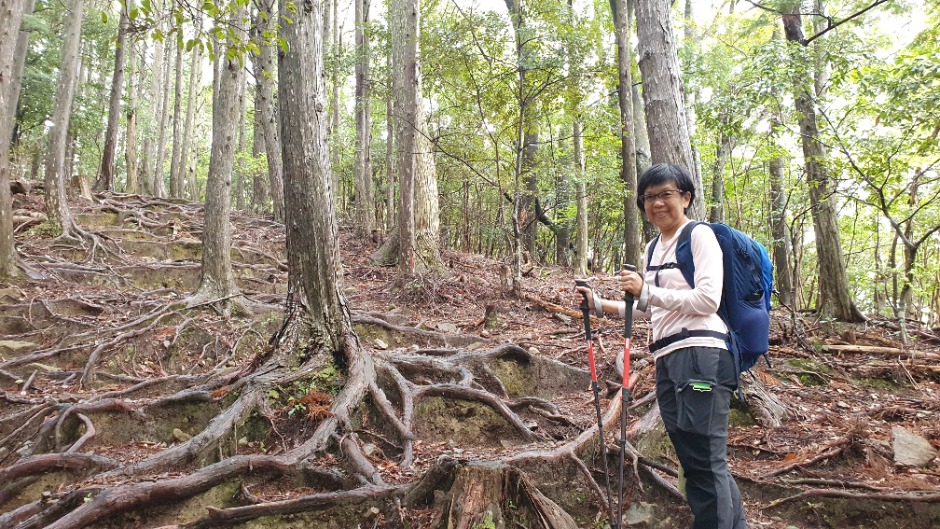‘I didn’t know how to play with her’
03 Aug 2021
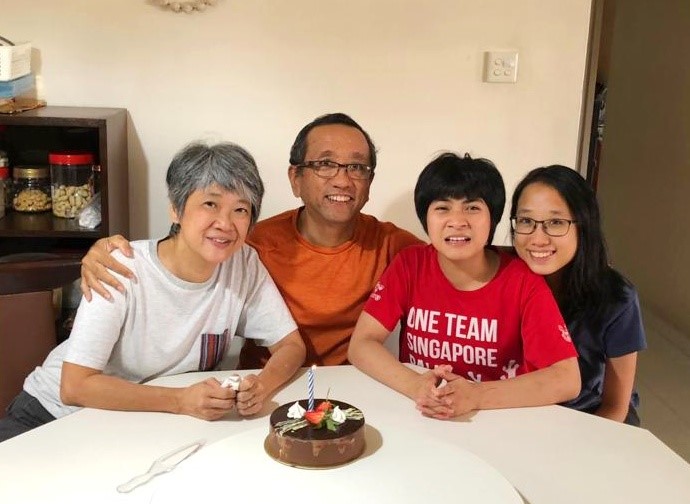
It took some years before Elaine Jalleh found a way to establish that unique bond she shares today with her sister Claire, who has Global Developmental Delay. This is the first in a three-part series on young adults and their special bond with their sibling with special needs.
Elaine Jalleh, 27, is a speech therapist working at a not-for-profit organisation, and big sister to Claire, who is 20. When Claire was a toddler, she was diagnosed with Global Developmental Delay. Among other challenges, Claire struggled to learn to speak and walk. She has unique sensory preferences such as swaying from side to side while listening to songs and touching shirts in order to feel calm.
Claire graduated from MINDS Towner Gardens School in 2018. She currently attends Mamre Oaks Day Activity Centre where she learns skills such as cooking and painting. Despite Claire’s intellectual disability, Elaine shares how her only sibling has bravely taken on each challenge in life with a smile, and what she has learnt on this journey with Claire.
What was it like growing up together?
Growing up, I often saw Claire struggling to express her anger and frustration. She would pull her hair, bite others and even eat sand.
Back then, I felt different from my cousins and peers. I knew I had a sister who was different from others and I didn’t know how to play with her or manage her behaviour. Over the years, I read up on Claire’s condition and sat in for her private therapy sessions to observe how she would interact with the therapist. I learnt to understand who she is, her condition, and accept that my relationship with her will always be a unique one.
Instead of having heart-to-heart talks or squabbling with words like other siblings, we bond over music and take walks together. We’re not your typical siblings, and that’s okay!
What other challenges do you face?
Claire doesn’t have a strong sense of time. For instance, it’s difficult for her to understand what we mean when we say things like “5 minutes later” or “Next week”. She also struggles to know how to occupy herself in her free time. When she is bored and doesn’t know what she will be doing next, she gets agitated. My family and I make it a point to plan activities ahead of time for her such as meeting with friends, which she does about twice a week. We also describe the day’s programme to her, activity by activity in sequence, to support her need for structure and predictability.
How has attending a Special Education school helped Claire?
When Claire was at MINDS Towner Gardens School, she picked up basic self-care skills that helped her become more independent. For example, she learnt simple cooking skills to prepare meals for herself and how to fold clothes. In addition, her teachers taught her how to commute on public transport such as where to tap her EZ-Link card, as well as social norms such as refraining from talking to strangers on the bus. These skills are very important when she takes the bus from our house to her day activity centre and back every weekday, accompanied by our helper.
What’s something you have learnt from Claire?
Claire is someone who cares deeply about people and empathises with them. She loves to spend time with friends and family. When I’m sad or feeling stressed, she can sense it and she will come over and ask me “Why are you sad?” or “Are you stressed?” She may not always understand what I’m going through but she will sometimes offer me a smile and a hug. Through her eyes, I learn to enjoy the small moments in life and value the presence of my loved ones.
Any advice for someone who has a sibling with special needs?
When I was young, I used to think that my parents paid more attention or gave preferential treatment to Claire. As I grew up, I realised that they loved both Claire and me, but they show it in different ways according to our personalities and needs.
Having a sibling with special needs may feel overwhelming and isolating at times. But remember, you are not alone. There are online communities such as SibsUnite where you can connect with people who have siblings with special needs. You can offer mutual support and advice for those who face similar challenges as you. Another organisation that you can turn to for support and resources is CaringSG, which seeks to build an inclusive community for special needs families and equip and empower caregivers.
Check out the other stories in this series: ‘ Growing up with him is extremely fun!’ and ‘Know your sibling for who they are, beyond just the condition that they have’.

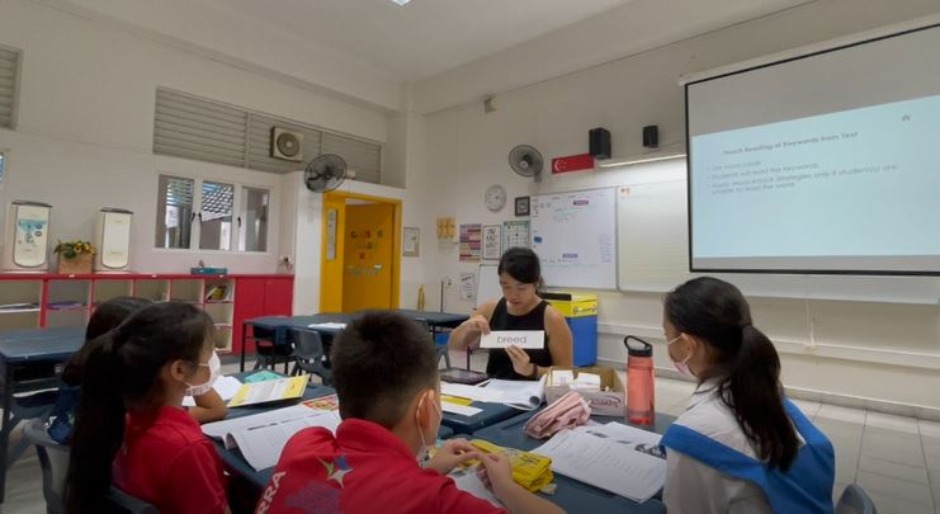
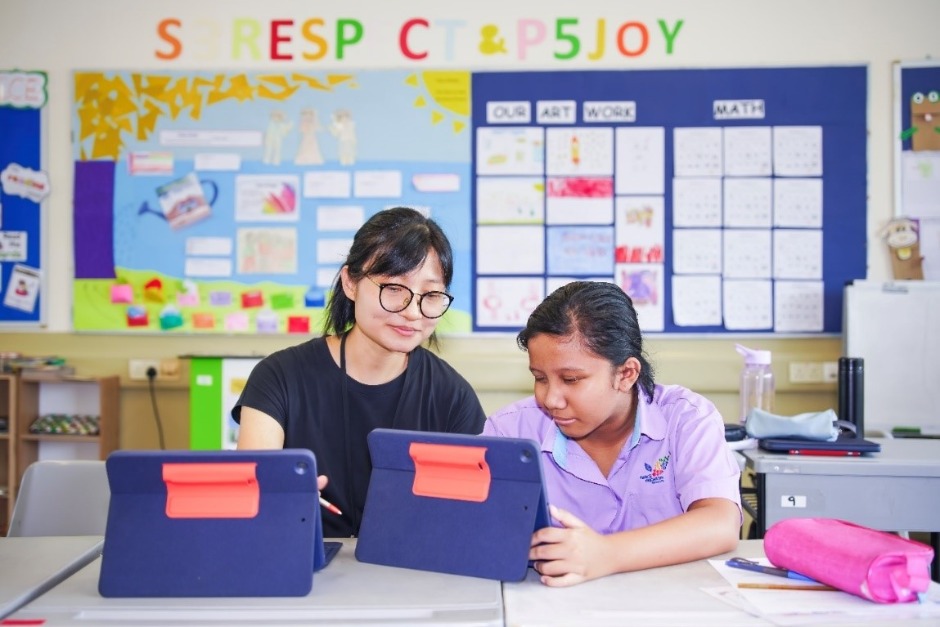
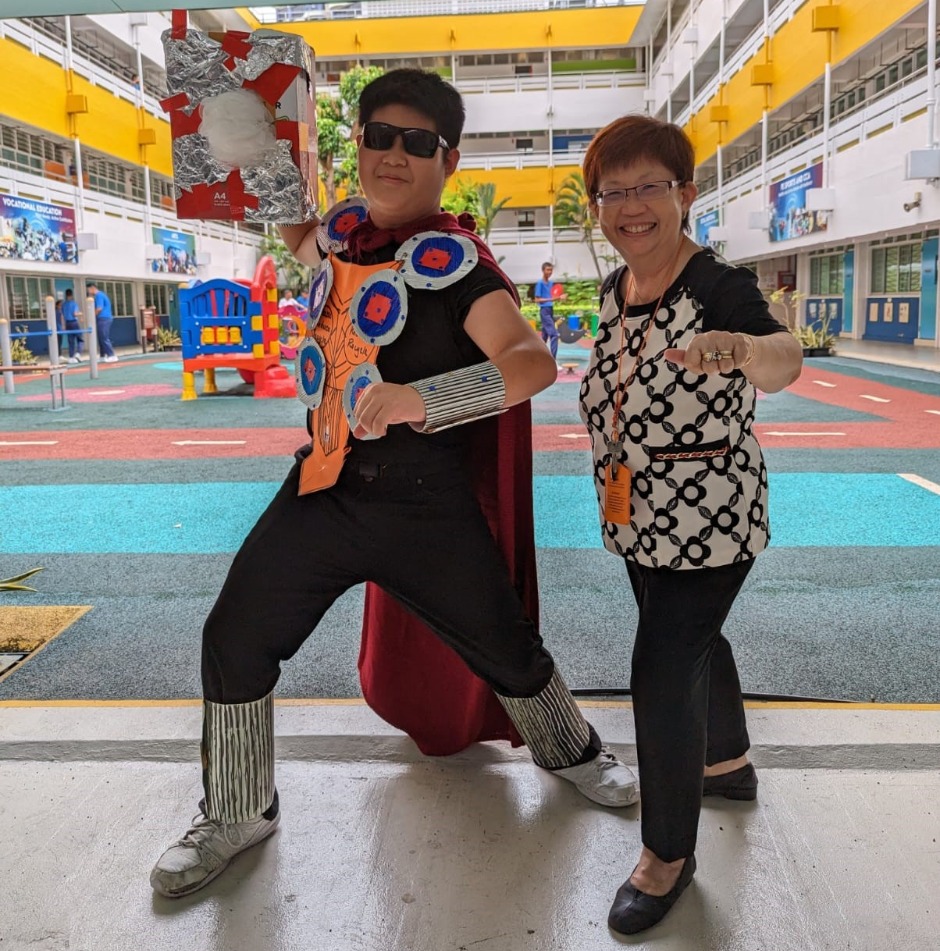
.jpg)
